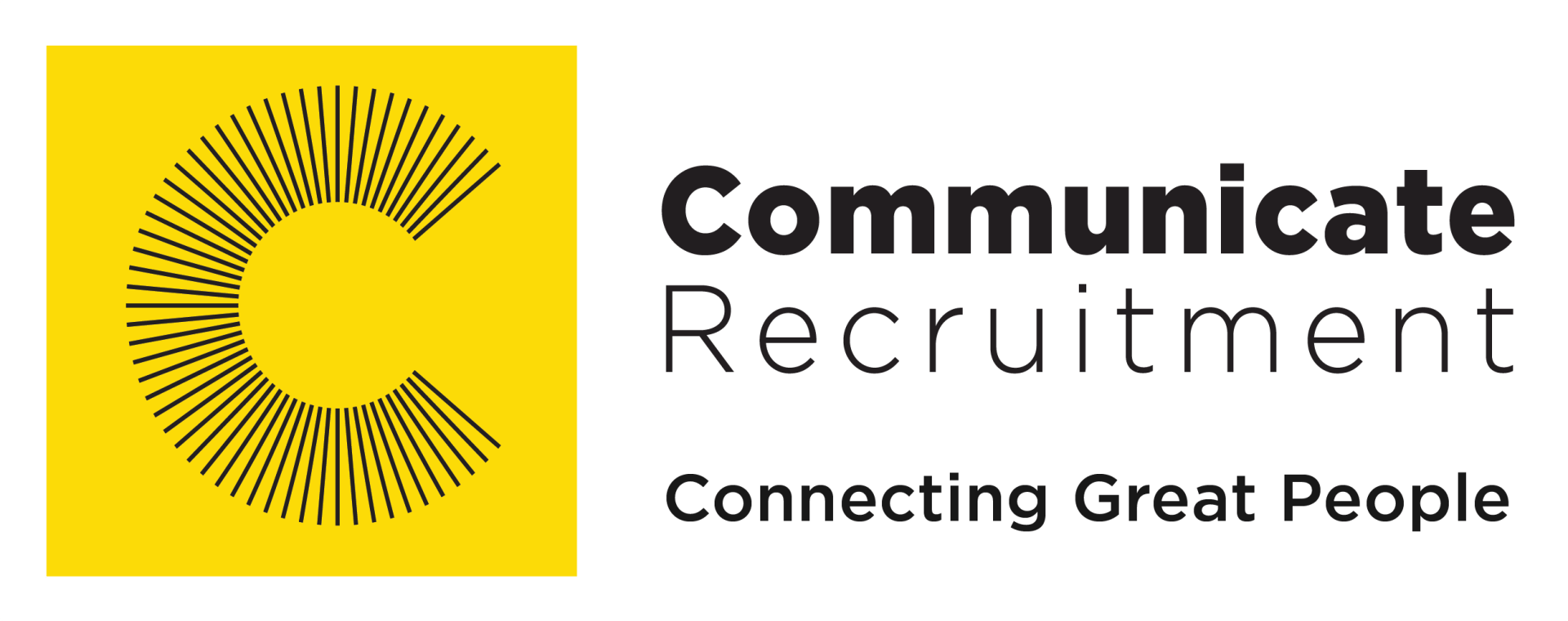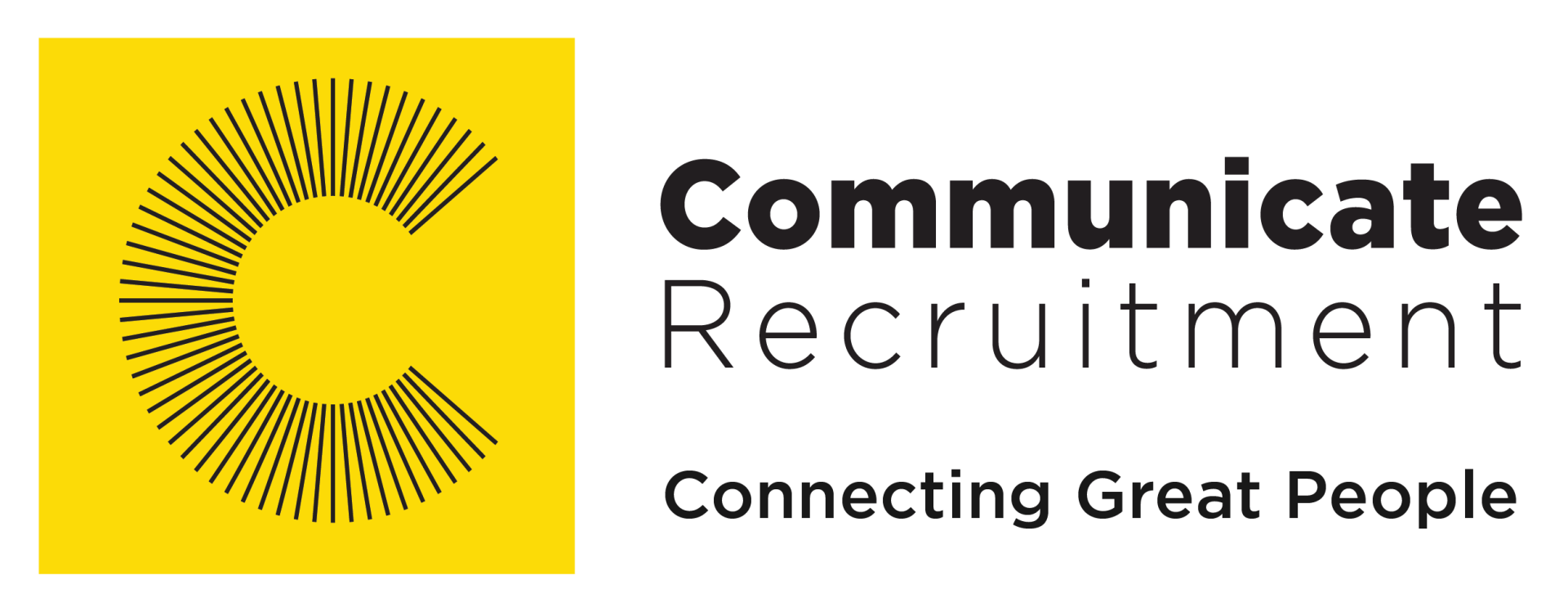Integrated Reporting: Benefits and Challenges
Increasingly, businesses are expected to report not just on profit but on their impact on the wider economy, society, and the environment. Integrated Reporting was developed because of the increasing concerns that existing reporting frameworks and conventions do not enable a company to fully reflect how they create long-term value or help companies adequately connect all the value-creating activity within their organization.
The Volkswagen crisis highlights again how easily stakeholders can be misled by overly positive corporate reporting. Its latest annual report published in March 2015 projects VW as the ‘most sustainable automotive company in the world’. At the time of writing, VW’s supervisory board and the board of management maintain that they were unaware of the emissions manipulation. This incident might not lead to VW’s collapse, but the financial and reputational impacts are likely to be serious. This incident places the focus on the need for the integrated reporting framework, which is a useful tool to aid directors and investors in fully understanding and evaluating a company’s activity and performance.
Benefits of Integrated Reporting
Many organizations are finding that a fundamental change in reporting requires much more than a focus on the end report. It requires a deeper understanding of all the building blocks of the business value creation process.
Integrated Reporting can be regarded as just another reporting convention or a different way to meet growing compliance requirements. But Integrated Reporting is far more than just a reporting framework. It helps a company in more than one way:
- One of the most important and most common benefits that organizations experience is a new and better understanding of how organizations create – or destroy – value.
- The disclosure of key risks and opportunities as management views them enables investors to assess the short, medium, and long term impact.
- Tell the Story - of how value is created more effectively, both internally and externally, in such a way that it will win the trust and secure the company’s reputation by encouraging better relationships with investors, employees, and their stakeholders.
Challenges of Integrated Reporting
One of the key practical challenges organizations continue to face is transitioning from a traditional annual report that is focused on financial metrics and related detailed disclosures to a broader report that tells the value creation story of an organization in an understandable way.
Traditionally Financial and Sustainability Reports were 1000 pages, the integrated report requires a different approach reducing the volume of information to enable better focus and understanding of the material aspects of the group’s performance, strategy, and prospects.
One of the distinguishing features of Integrated Reporting is that in contrast to compliance-based reporting, there can be no model report – every report must be built around the unique business model of the prepare. This has left many organizations unsure of how to structure integrated reports.
Outlook
The world in which companies operate is changing. Integrated Reporting is now required for listed companies in South Africa on an ‘apply or explain’ basis. Businesses are facing capital constraints from a broader range of resources than just finance. Boards are responsible for addressing these capital requirements in a sustainable manner for a company’s long-term success. Integrated Reporting can help fill this gap by providing a basis for companies to explain their value creation more effectively to the capital markets.
If you are looking for qualified finance staff to assist your business in the challenges around integrated reporting or other financial issues, we can assist. Communicate Recruitment has placed hundreds of Finance candidates over the last 35 years at top employers around the country. Contact us today for assistance.





